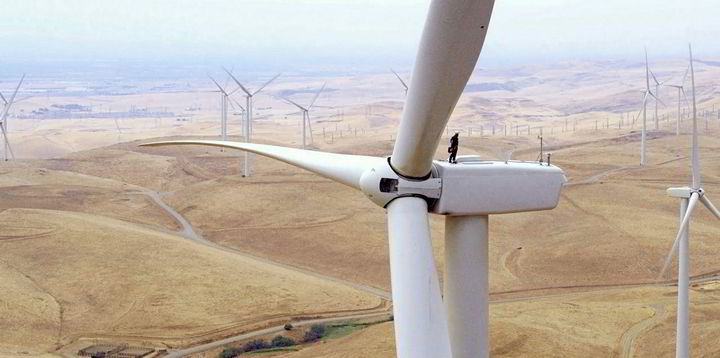Northern Light
Superstar
I’m responding to @urbansky and others’ comments here, and not in the newest-created thread, because a) I don’t think we need more new threads and b) for the moment, I’m acquiescing to @urbansky ’s desire to limit discussion in the VIA Rail thread to the “here and now” of VIA’s network (although I’m not sure why we can’t discuss what VIA might become, or ought to become, in the same forum as we discuss what it is).
The question that we seem to drift into is “How do we advance passenger rail beyond what VIA Rail provides”
First of all, I find it outrageous how VIA’s mandate is kept in the hands of federal bureaucrats and politicians, with so little rational debate or legislative direction. We need a Canada Passenger Rail Act, and it needs to tell the government the rules for having or not having passenger rail service... and not leaving that to Cabinet without criteria or guidelines or public input. Unless we fix that, nothing else will ever work well. VIA is an imperfect and illogical portfolio of a smattering of non-corridor services, with those services placed outside its mandate forced into an unreasonable “do it yourself” proposition. What it does, it does well.... but it’s Cinderella not being allowed to attend the ball, lest a Prince might actually fall for its charms.
We need some logical path forward (and again some enabling legislation) around services which might not fit a federal vision but which are desired more locally. There is an Amtrak precedent - the 403b approach. Canada might not copy it word for word, but the absence of a documented, legislated process which allows a non-federal entity to propose and sponsor a passenger service, on a level playing field which transparently balances private railway interests against the public interest of the service, is again a profound flaw in Canada‘s transportation policy.
I do not understand why (other than government‘s bullying of VIA) one would not empower VIA to go after every possible sponsor who might be willing to underwrite passenger rail on a regional basis.The removal of these services from VIA’s mandate in past decades was wrongheaded and likely done with an eye to killing passenger rail, period. (This is the Stockholm syndrome bit.... VIA has to pretend its mandate makes sense, where any more reasonable and conventional business model presumes aggressive pursuit of markets). Not every proposal will make economic sense, but batting these back to the Provinces is unhelpful.
As a case study - There are rumours that GO Transit may eventually assume commuter oriented service Guelph-London to backstop an abdication of a proper regional service. One could envision a “GO Intercity” entity which might serve eg Toronto-Kitcherer-London(-Sarnia?), Toronto - Niagara, Toronto-Kingston, Toronto-Timmins, and Toronto-North Bay- Sault Ste Marie routes with equipment schedules and amenities that look more like VIA than a commuter train. Even if Metrolinx took that on as a Provincial network, Why would VIA not want to be the contractual operator, bidding against the like of Bombardier, DB! etc as Amtrak does on Regional contracts?
It seems reasonable to write off the country’s most critical freight lines as no longer able to support passenger trains (other than non-time sensitive, “cruise” operations) given they are run with maxed-out capacity and given that it would be difficult to inject public investment into these routes to add incremental capacity without creating operational and shareholder tensions. That to me rules out any hope of a daily direct Toronto-Sudbury service..... it just won’t mesh with freight on that route (I won’t recycle my views on Montreal-Toronto, but I may not feel the same on that specific lines as the transcons). However, there are routes where freight operations are not at that level, where mixed freight-passenger service could be viable.
Toronto-North Bay is an example. That was, in fact, a VIA route not an OnR route. Sault Ste Marie- North Bay passenger and Timmins-north Bay could both feed to that (with substantial capital investment, admittedly). It’s not wrong to look at the business case for that.
I don’t accept that VIA’s mandate boundaries are so sacred as to leave VIA out of the growth picture. Once the long distance fleet wears out, making the Halifax Winnipeg and Vancouver operating bases redundant, VIA could see its mandate shrinking to the ON-QC corridor just as demand and funding for services elsewhere reach critical mass. A policy of “ Go ahead and do it regionally” could exclude VIA altogether. (eg - If Calgary-Banff service wins favour, don’t assume VIA will be tagged to operate it).
While I don’t accept the premise that Sudbury Toronto service (just to pick the example) is a crying need, neither do I see it being considered in any rational and integrated way. (As to the Northlander, I don’t consider the known and notorious advocacy to date, capitalising on a reckless promise by a government and local MPP that should have known better, to be a sound business case). VIa seems to have the acumen to analyse these ideas (as shown by its efforts to build the business case for HFR) but it is muzzled about any growth initiatives. Abetter transportation policy would give these ideas a greater chance of rational study.
Whew. Wordy as ever.
- Paul
Very good post!
I can't quibble with any of it!






